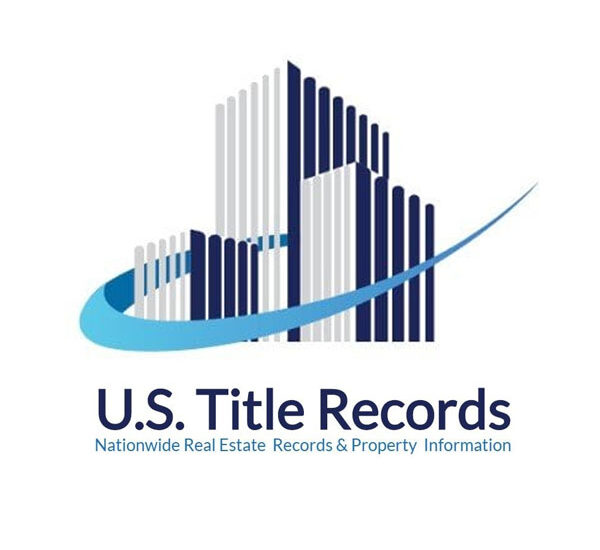How To Look Up Property Records Online
- August 12, 2023
- Posted by: admin
- Categories: Posts, Property Records, Property Records Search, Property Title Search, Real Estate, Real Estate Post, Title Reports, Title Search
No Comments

Looking up property records online can vary depending on your location since different countries, states, and municipalities might have different databases and systems in place. However, I can provide you with some general steps that are commonly used to look up property records online:
- Identify the Jurisdiction: Determine the city, county, or state where the property is located. Property records are usually maintained at the local level, so you’ll need to know the specific jurisdiction to find the relevant records.
- Access Official Websites: Once you know the jurisdiction, visit the official website of the local government or county recorder’s office. Many counties have online portals where you can search for property records.
- Search by Address: Most property record databases allow you to search by the property’s address. Enter the complete or partial address of the property you want to look up.
- Search by Owner’s Name: Alternatively, some databases also allow you to search by the owner’s name. This can be useful if you’re interested in a particular owner’s property portfolio.
- Filter Search Results: After you initiate the search, you’ll likely get a list of results matching your query. Use filters or refine your search to narrow down the results to the specific property you are looking for.
- Review Property Details: Once you find the correct property record, you can access various details related to the property. This might include ownership information, property tax history, transaction history, assessments, and more.
- Register (If Required): Some jurisdictions may require you to register or create an account before accessing property records. This is usually free, but it depends on the local government’s policies.
- Pay Fees (If Applicable): While many jurisdictions offer basic property record information for free, some may charge a fee for more detailed or extensive reports.
- Verify Information: Remember that online property records are typically accurate, but it’s always a good idea to verify important information with the local authorities or county recorder’s office if you need to rely on it for any legal purposes.
Looking up Property ownership records online:
To look up property ownership in the United States, you can use various online resources and tools. Here are some common methods to find property ownership information:
- County Assessor’s Website: Each county in the U.S. has an assessor’s office that maintains property records. You can visit the official website of the county assessor and use their property search tool. Typically, you can search by the property address, owner’s name, or parcel number (also known as the tax ID or APN).
- Online Property Databases: There are numerous online platforms that aggregate property data from various sources, including public records. Some popular options include Zillow, Realtor.com, and Redfin. These platforms often provide basic property ownership details, recent sales history, and other property-related information.
- Public Records Websites: Some states or counties provide access to public records through dedicated websites. These platforms might include property deeds, liens, and other related documents. Examples include PublicRecordsNow.com and NETR Online (NETR stands for National Environmental Title Research).
- Clerk or Recorder’s Office: If you’re looking for historical property records, you may need to visit the clerk or recorder’s office in the county where the property is located. These offices maintain records of property transactions, deeds, and other relevant documents.
- Title Companies: Title companies can provide detailed property ownership information through title searches. Though this service may come with a fee, it’s often more comprehensive than free online resources.
- Real Estate Agents: If you’re interested in a specific property, a real estate agent can provide you with ownership information and additional details about the property.
Remember, the availability and extent of property information may vary depending on the state and county regulations, and some details may be restricted for privacy reasons. Always ensure that you use reputable sources for property ownership information.
Please note that the process can vary widely, and some regions might not have online databases readily available. In such cases, you might need to visit the local government office or county recorder’s office in person to access property records.